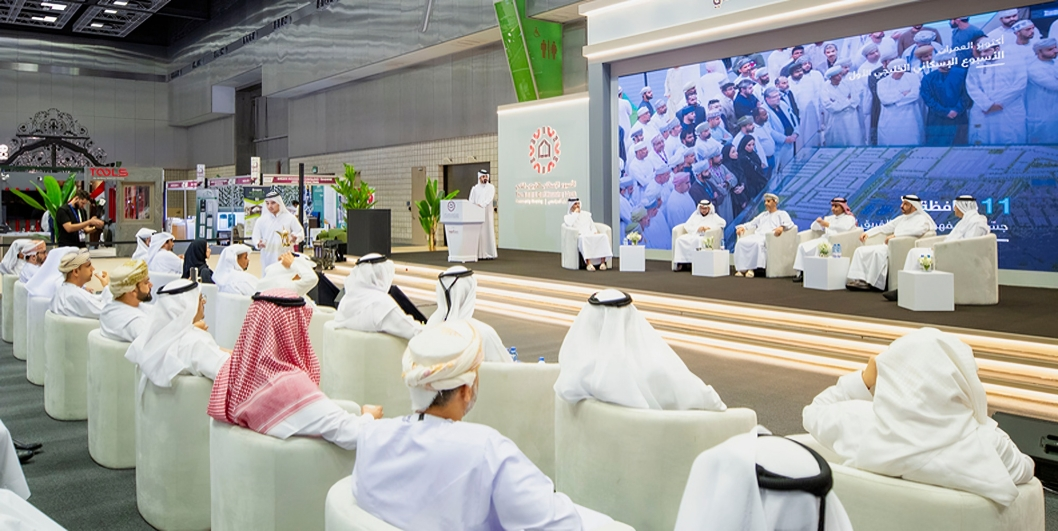MUSCAT: The two-day conference in Muscat focused on the latest global trends in digital university education, bringing together experts, academics, and policymakers from around the world. Hosted under the auspices of His Excellency Khamis Saif Al Jabri, Head of the Oman Vision 2040 Implementation Follow-up Unit, the event emphasized the need for innovative and sustainable educational practices. Participants discussed the transformation of higher education in response to digitalization, highlighting successful case studies and lessons learned from leading universities globally. The opening session set the tone for a dynamic exchange of knowledge on emerging educational technologies and pedagogical innovations.
With over 300 participants, more than 80 specialized speakers from 28 countries, and nearly 70 higher education institutions represented, the conference demonstrated strong regional and international collaboration. Organised by the Ministry of Higher Education, Research, and Innovation in partnership with the Arab Open University, the event provided a platform for sharing strategies and experiences in transitioning to digital learning environments. The high turnout underscored the shared commitment among Arab universities to adopt digital tools, artificial intelligence, and hybrid learning methods to enhance teaching, learning, and administrative processes.
The programme included specialised dialogue sessions and interactive workshops covering a wide range of topics. Key discussions focused on ‘The Future of Hybrid and Virtual Learning’, exploring how institutions can create flexible and engaging learning experiences for students. Sessions on ‘The Impact of Artificial Intelligence on University Institutions’ examined the role of AI in research, student support, and administrative efficiency. Other workshops addressed governance models in light of digital transformation and developed practical frameworks for evaluating universities’ responsiveness to technological changes, providing actionable insights for policymakers and educational leaders.
In addition to knowledge sharing, the conference aimed to foster long-term partnerships and collaboration among Arab universities. Attendees explored joint initiatives, research collaborations, and cross-institutional programs designed to strengthen the region’s digital education infrastructure. By highlighting best practices and challenges, the event encouraged institutions to adopt sustainable strategies for integrating technology into higher education. Overall, the conference reinforced Oman’s leadership role in promoting innovative, technology-driven education and advancing regional collaboration to meet the evolving needs of students in the digital era.



